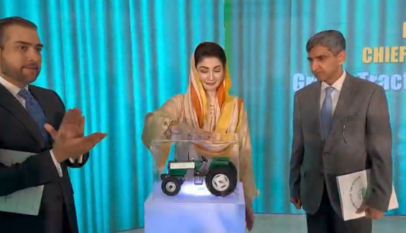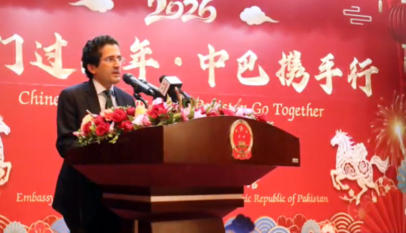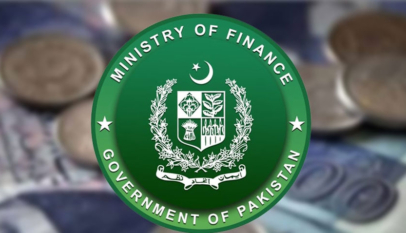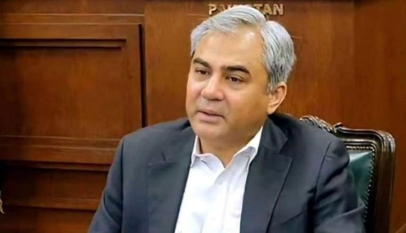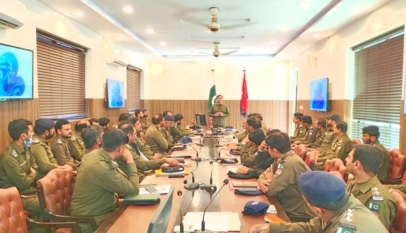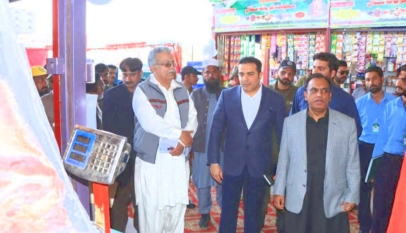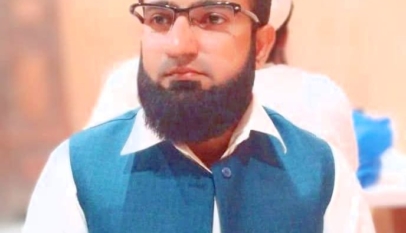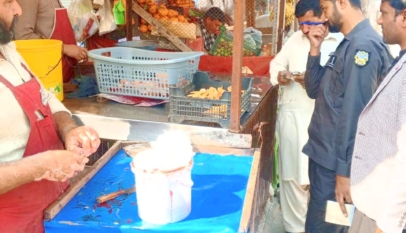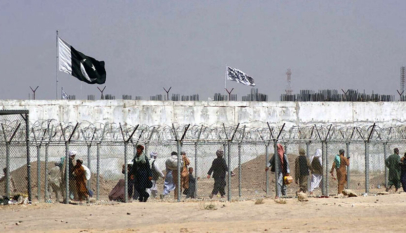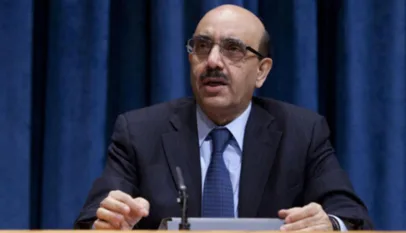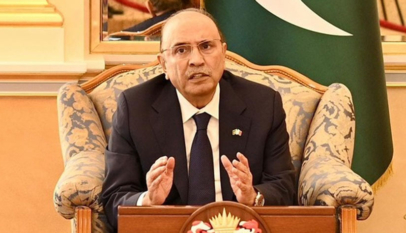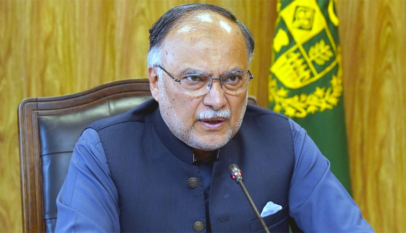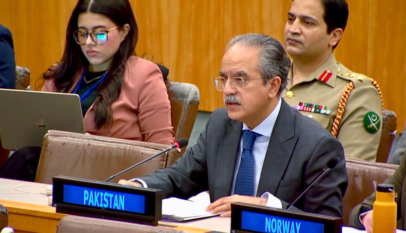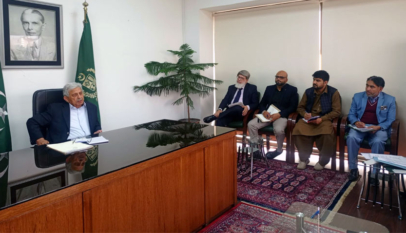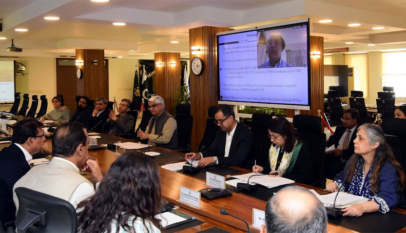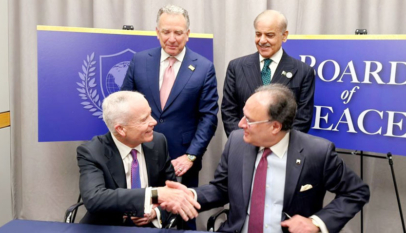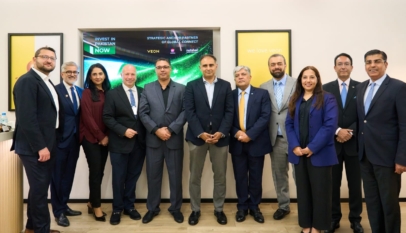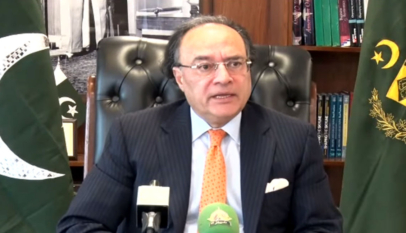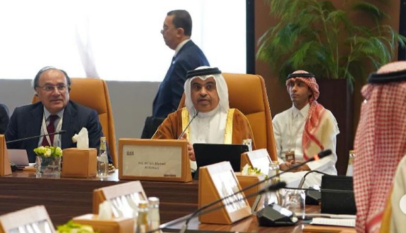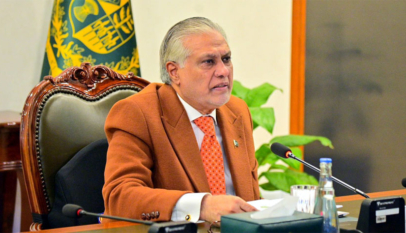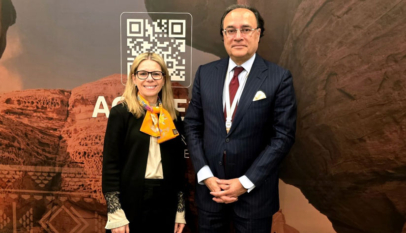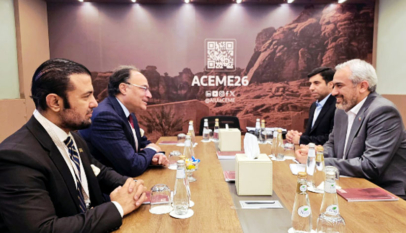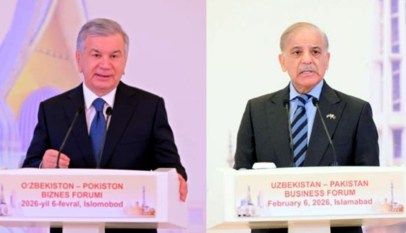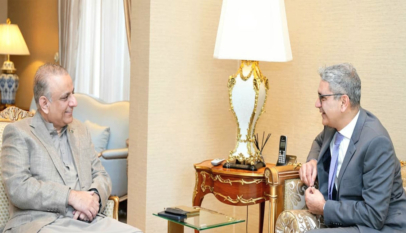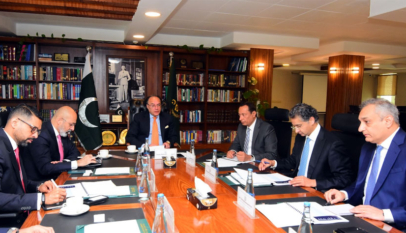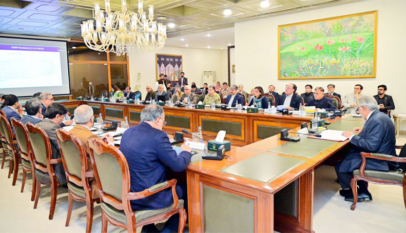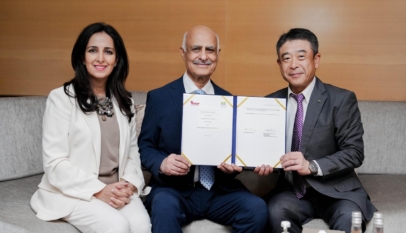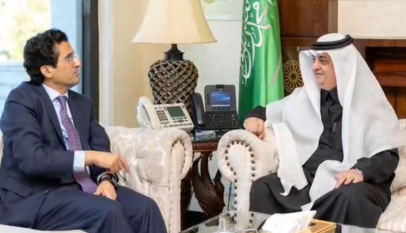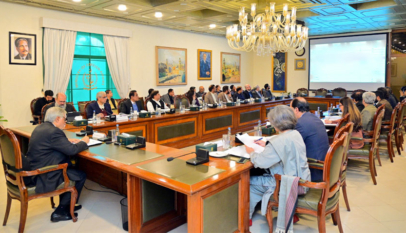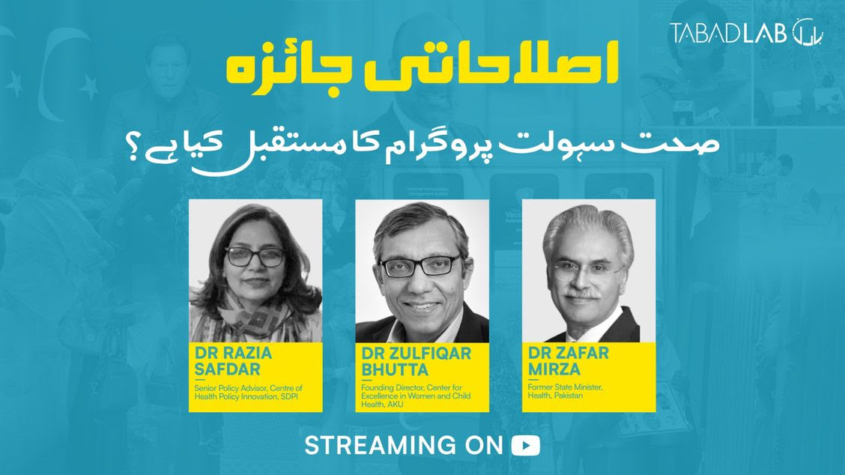
Islahati Jaiza is the latest series from think tank Tabadlab, focusing on past reforms from across Pakistan, in education, health, gender, social protection, and other key sectors.
As the country grapples with polycrisis, Tabadlab engages with experts to analyse reform efforts that have previously been enacted to address the country’s challenges. By understanding the successes and shortfalls of these policies, programs, and institutions, the Islahati Jaiza series will bring to light important insights about reforms in Pakistani public policy.
In each episode, panelists draw on years of expertise to trace reforms in a particular sector (and in some cases, particular jurisdictions), to try to unpack their impact, and chart a path forward.
The latest episode of Islahati Jaiza focuses on the Sehat Sahulat Program, a public health reform effort that began in Khyber Pakhtunkhwa. Dr Razia Safdar, Dr Zulfiqar Bhutta, and Dr Zafar Mirza unpack the successes and shortcomings of the policy as it has developed, and what it needs to attain longevity and sustainability.
As experts discussed the Sehat Sahulat reforms, they emphasised the importance of data and how the programme has allowed for unprecedented levels of documentation for both private and public sector healthcare. This data could have a transformative impact on the development of healthcare policies designed to meet Pakistan’s needs. The experts also highlighted the importance of continuity despite political transitions – to generate real long-term impact, programmes like Sehat Sahulat must be protected from political turmoil.
While the merits of Sehat Sahulat are manifold, this episode of Islahati Jaiza also explored ways in which the programme can be improved. Is universalisation the right step for Pakistan right now, or should the focus be on protecting low-income households and vulnerable communities? What kind of public-private healthcare partnership would best serve the Pakistani public? What areas of healthcare does the programme overlook, and how can it best be expanded? We address these and other questions pertaining to the longevity and continuity of the Sehat Sahulat programme.
The inaugural episode of Islahati Jaiza focused on the past two decades of reform in the education sector in the Punjab, explaining how Punjab gained the momentum and success it did in that area. The conversation focused on how the reform agenda was sustained through transfers of power, and the setbacks it faced in the form of the Covid-19 pandemic and the controversial Single National Curriculum. The episode emphasised the need to recentre learning in education reform, asking the question: What should be retained from past reform efforts, and what should policymakers prioritise now?
Pakistan is in urgent need of a comprehensive reform agenda to address its longstanding challenges and meet the needs of the future amidst shifting technologies and the ever-growing threat of climate change. Tabadlab’s Islahati Jaiza is an effort to explore reforms attempted in the recent past, to help inform future policy.


